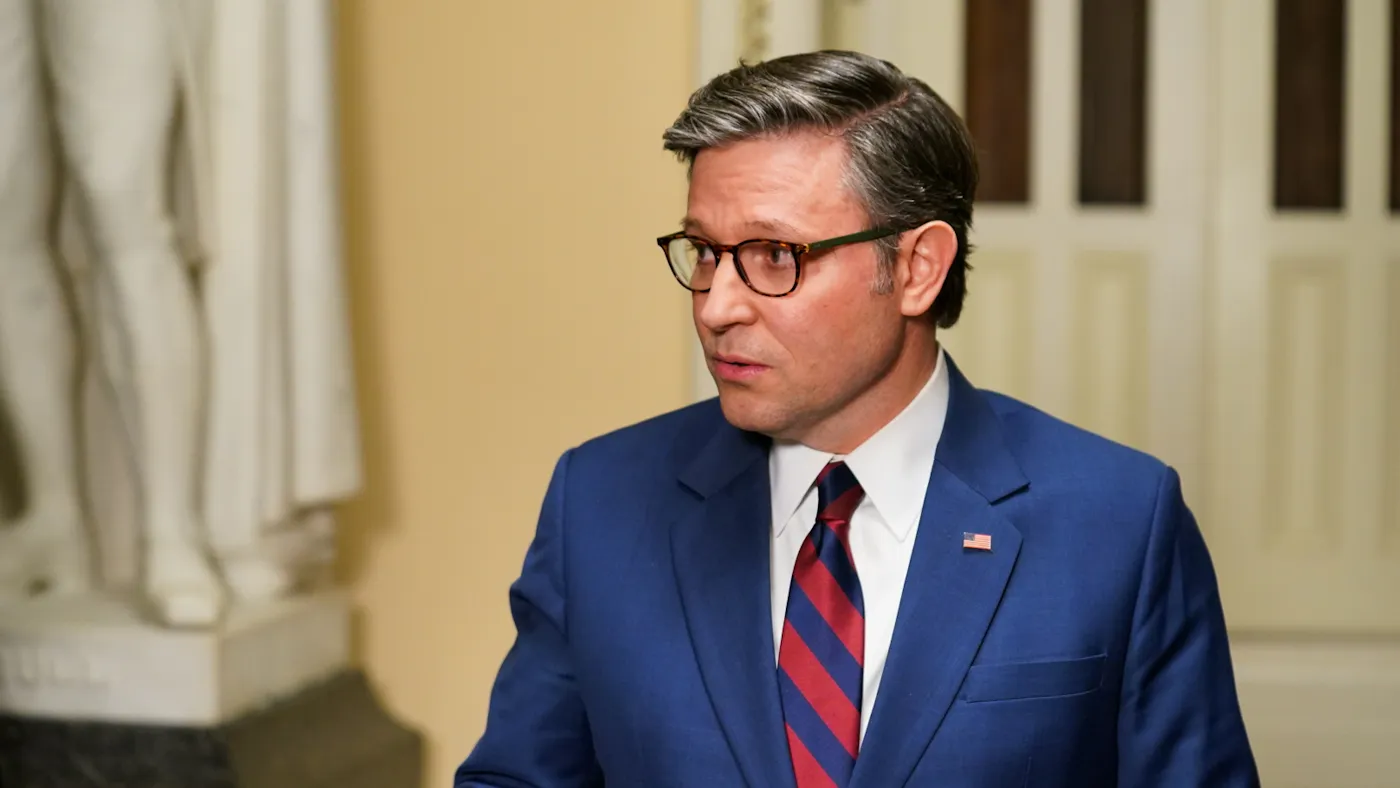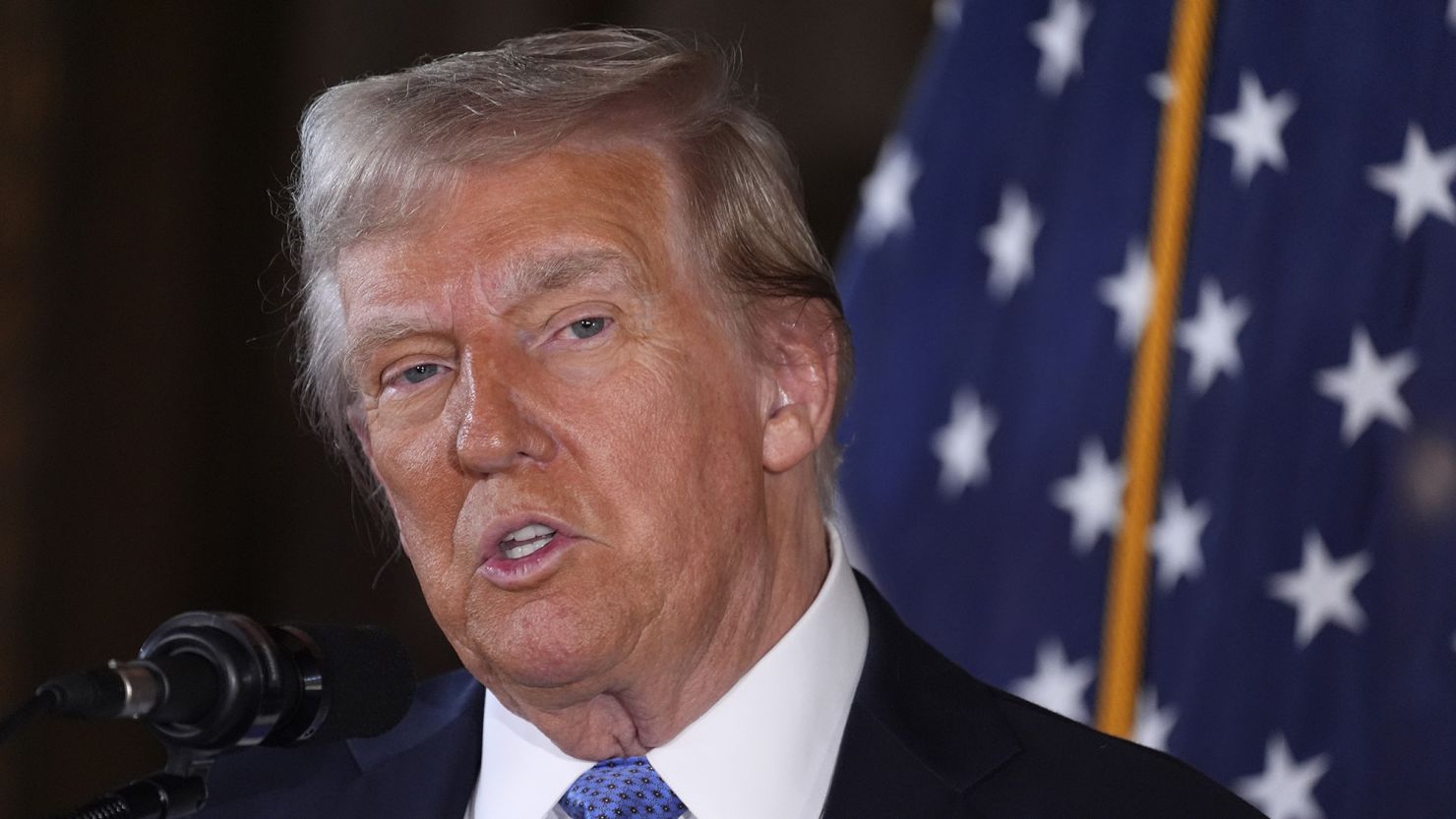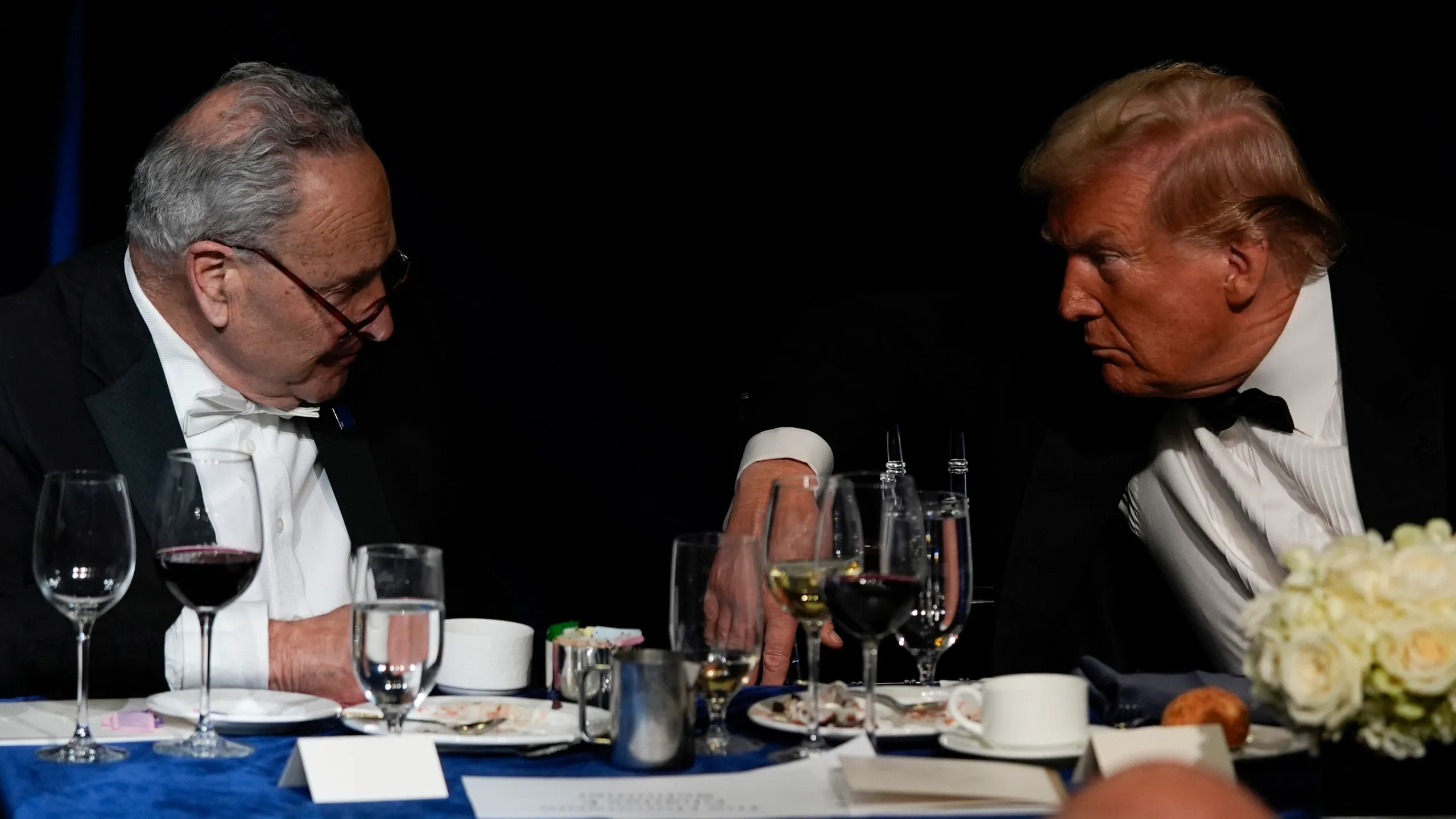In the aftermath of Donald Trump’s historic victory, Washington’s entrenched establishment is experiencing unprecedented levels of panic.
“Federal officials grapple with a fight-or-flight reaction to Trump’s election,” reads one headline. Justice Department personnel are described as “alarmed,” according to another, fearing they may be sidelined, dismissed, or unable to “push back” as they did during Trump’s first term. Reports from the Pentagon suggest officials are preparing to respond to directives to “deploy active-duty troops domestically and dismiss large numbers of [purportedly] nonpartisan staffers,” according to another report. The selection of Trump’s unconventional nominees—many of whom hold views that conflict with the bureaucracies they aim to lead—has further stoked tensions in the federal government.
While these stories from media outlets may initially appear as exaggerated reactions to Trump’s election, dismissing them as mere hysteria would be a mistake. Instead, they reveal the arrogance of unelected and unaccountable bureaucrats. These reports foretell what could become one of the most significant political clashes in Trump’s quest to return control of the republic to the American people. This challenge will require confronting a range of entrenched forces, foremost among them the administrative state—a powerful, quasi-independent entity that has assumed legislative and judicial powers in a way that resembles authoritarianism.
The hubris of the administrative state lies in its belief that it knows better than the electorate. As a result, these officials often prioritize their own policies over those chosen by the American people, effectively sidelining the mandate of elected representatives. The will of the voters, in this case, becomes irrelevant because the preferences of “executive” agencies take precedence.
This is the real threat to democracy and the status quo that has persisted for far too long, becoming fully apparent during Trump’s first term. Trump’s second term has been embraced as the antidote—a chance for sweeping, transformative changes in leadership and policies, with the goal of restoring power to the people. The ruling establishment’s fear of self-governance explains why Trump has faced relentless opposition, from impeachments and indictments to even assassination threats.
Resistance from the Deep State
The Department of Justice (DOJ) has been at the forefront of the campaign against Trump, targeting his allies, January 6 protesters, pro-life advocates, practicing Catholics, and concerned parents. Its actions have effectively criminalized dissent. A politicized and weaponized DOJ threatens the rule of law and the principles of justice in the nation.
Equally concerning is the politicization of the Department of Defense (DOD) at its highest levels. Trump’s nominee for Secretary of Defense, Pete Hegseth, has highlighted how declining fitness standards and a focus on “diversity, equity, and inclusion” are undermining the military’s effectiveness. Recent reports suggest an alarming crisis of insubordination within the Pentagon, which endangers the nation’s security and encourages adversaries to test its defenses.
Allegations that some Pentagon officials plan to undermine Trump’s administration come shortly after outgoing Defense Secretary Lloyd Austin issued a department-wide letter affirming the military’s readiness to “follow all lawful orders from its civilian leadership.” The implication is that Trump’s administration may issue unlawful directives, sowing doubt and signaling potential resistance. These claims coincide with reports of “tabletop exercises” simulating conflicts between Trump and military leaders, raising concerns about divisions within the armed forces.
Undermining Presidential Authority
Efforts to obstruct Trump’s agenda will undoubtedly extend beyond the DOJ and DOD, taking subtler but equally harmful forms. James Sherk, a former White House advisor, has detailed how during Trump’s first term, federal bureaucrats frequently sabotaged policies by withholding information, delaying implementation, leaking to the media, and outright refusing orders.
This behavior underscores why loyalty is a central criterion for Trump’s second-term appointments. Critics characterize this focus as authoritarian, suggesting loyal staffers will blindly endorse unlawful actions. However, Trump has historically surrounded himself with individuals holding diverse perspectives, encouraging robust debate before making decisions. Loyalty, in this context, means unwavering commitment to advancing the agenda for which the American people voted. It is a standard that any administration would expect from its personnel.
A Battle for the Republic
The incoming Trump administration will face resistance from various quarters, including Congress, activist judges, state governments, corporate media, and cultural institutions. However, its primary challenge will remain the administrative state.
To succeed, Trump’s administration must act decisively, prioritizing essential reforms and anticipating the tactics opponents will use to undermine them. Assembling a team of skilled, determined, and aligned personnel will be critical to achieving these goals.
Trump’s campaign demonstrated the power of direct communication with the American people, bypassing traditional media narratives. His administration would benefit from leveraging the communication strengths of its vice president and cabinet appointees, many of whom are compelling and effective speakers.
The future of the republic may well depend on the success of these efforts.







